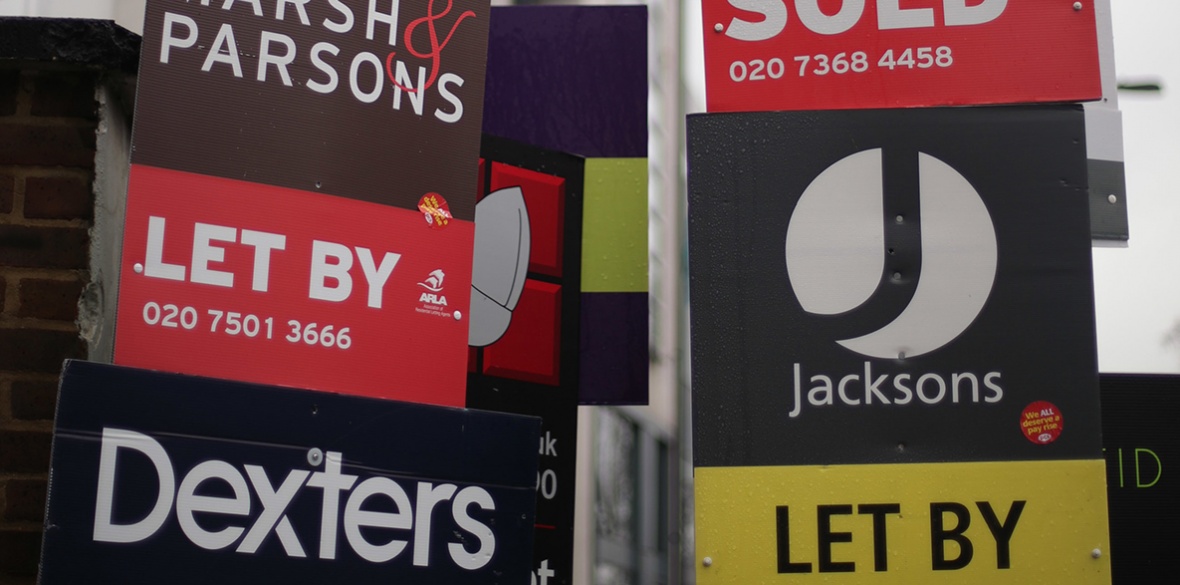This is the last article you can read this month
You can read more article this month
You can read more articles this month
Sorry your limit is up for this month
Reset on:
Please help support the Morning Star by subscribing here
FROM tomorrow landlords will be free to evict any of their tenants who have fallen into rent arrears during the long months of the pandemic.
It doesn’t take much imagination to work out the human costs of this immoral and arbitrary act of cruelty.
Apart from tenants, the normal operations of the housing market and the mortgage business mean house “owners” who cannot afford their repayments — usually for the same reasons as tenants cannot pay rent — will also face eviction.
Taken together these factors add up to a delayed-action disaster. We can expect that sometime around the middle of March increasing numbers of people will find themselves on the stones.
According to London School of Economics research last November, the coming months could see three times as many private tenants in rent arrears in England alone — affecting as many as 700,000.
These arrears were predicted to result in at least three times the number of formal evictions as before the crisis, resulting in around 50,000 over the coming year.
The government’s own statistics show that after the passing of the Coronavirus Act in March 2020, mortgage arrears possession actions of all types dropped to unprecedentedly low levels.
Compared with the same quarter the previous year, mortgage possession claims, orders and warrants have decreased by 98 per cent, 99 per cent and almost 100 per cent respectively, while no mortgage repossessions by county court bailiffs had been recorded for that quarter.
This is a government of landlords. Around a quarter of ministers are landlords, and one fifth of MPs supplement their not ungenerous pay with money extracted from other people’s incomes.
In essence landlordism is the system whereby those who pay rent to private landlords thus pay not only for their own accommodation but also pay for their landlord’s housing costs and, by extension, their landlord’s lifestyle.
By way of contrast, those who pay rent for publicly owned housing pay not just for their own accommodation but also contribute towards the capital costs of providing publicly owned housing for other people.
The government’s decision to end the temporary relief it afforded hard-pressed tenants is the reimposition of the most vicious market conditions on people least able to negotiate the extra difficulties the coronavirus creates for the propertyless and those who depend on finding work in order to live.
Almost by definition, any family unable to pay their rent or mortgage over the last year will be in this situation because, whether from the normal operations of the capitalist economy, or from the the additional depredations of the Covid-19 crisis, their income has suffered.
They may have lost their job, a breadwinner on whose wages they depend may be dead or incapacitated by illness, or furlough pay may not meet their full living costs.
People about to find themselves about to be made homeless often face this disaster alone. The working-class movement is finding it urgently necessary to find collective responses to this situation.
The minimum response from Labour must be to call for evictions to be banned.
It is against the law for your landlord to lock you out of your house or flat, persecute or harass you into leaving, or force you to leave without a court order or without giving notice.
The sensible thing is to stay in your home, regardless of whether or not you have somewhere else safe to stay. Everyone is entitled to a three-month notice period.
But getting good debt advice, asking for help and advice from your union, linking up with organisations like Acorn are essential first steps.
It will become necessary to resist evictions by all means at our collective disposal.












